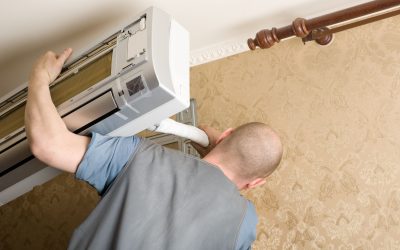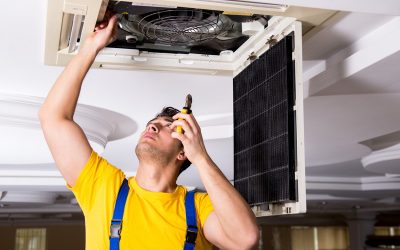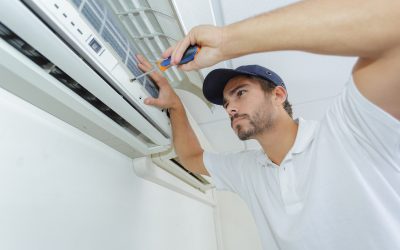A new Heating and Cooling system is a significant investment, and customers should pay equal attention to costs, features, and warranty coverage. If something happens to the unit within a few months, a reliable warranty will help customers save on repairs and minimize frustration. Use this checklist to determine what the warranty should cover.
Warranty Term
A warranty term is its duration. A good manufacturer will stand behind its products for more than a year or two, which is vital when a system can last for 20 years or more. HVAC repairs can be very expensive, and customers of Refrigeration, Heating & Cooling should look for a long-term warranty. However, they should consider that a unit with a lifetime warranty may not cover labor costs, or they may only be covered for the first year.
Parts Warranties
Warranties often have variable terms for different parts of a Heating And Cooling Unit, such as compressors, heat exchangers, and labor. For instance, a heat exchanger may be covered for 20 years, while other parts may only have a decade of coverage. As a customer works with a contractor, they should learn if there’s a fee to process the warranty. Some companies charge to handle warranty paperwork, even when parts and labor are covered.
Extended Warranties
Dealers and manufacturers often have extended warranties that add up to ten years to labor and parts coverage. Customers should be cautious if a sales rep pushes this kind of warranty, as it may indicate low system quality. Additionally, the customer should consider other details such as availability of service, wait times and the number of years the company has been in the business. After all, the contractor should be around long enough to honor the warranty.
Warranty Voiding
A simple mistake can void the whole warranty. Such mistakes can include:
- Failing to hire a licensed, certified contractor for repairs and installation
- Not registering the warranty and the system with the manufacturer within the required time
- Not using manufacturer-approved replacement parts
- Failing to have yearly maintenance
- Failing to offer proof of maintenance such as service receipts
New HVAC units are a big investment, and the right warranty can help a homeowner protect that investment. By looking for these components in a warranty plan, a person can get the unit and the repair coverage they need.


